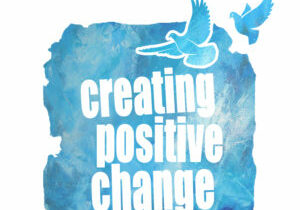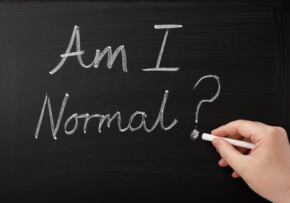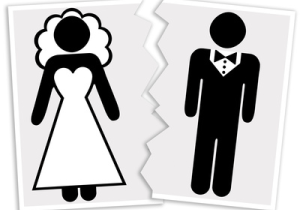“To experience peace does not mean that your life is always blissful. It means that you are capable of tapping into a blissful state of mind amidst the normal chaos of a hectic life.”
―Jill Botte Taylor
Identifying Sources of Stress
- Workplace Stress: We all know work can be a major stressor. It might be the deadlines, the never-ending to-do list, conflicts with coworkers, or worries about job security. Look out for signs like feeling on edge, trouble sleeping, or physical symptoms like headaches – they could be pointing to work-related stress.
- Relationship Challenges: Sometimes, it's our personal relationships that add to the stress. Are you having more arguments? Feeling isolated or misunderstood? Are you noticing changes in how you communicate? These could be signs that relationship stress is at play.
- Personal Life: Life throws curveballs, and they can really stress us out. Money troubles, health issues, or big life changes – they all have the potential to create stress. Keep an eye out for emotional distress, anxiety, or even physical symptoms that might be linked to what's happening in your personal life.
- Daily Hassles: Sometimes, it's the small things that add up. Traffic jams, endless household chores, or just feeling like there aren't enough hours in the day – these everyday hassles can make you feel stressed. We'll show you practical tips to manage these daily stressors and stop them from piling up.
- Self-Reflection: Take some time to think about what's been bothering you lately. How do you react emotionally to certain situations? What thought patterns seem to come up again and again? And are there external factors – like a demanding boss or a long commute – that are contributing to your stress?
- Stress Assessment Tools: To make things even clearer, we've got stress assessment tools you can use. They'll help you see how stress is affecting different parts of your life. Plus, we'll explain how to understand the results.
- Seeking Professional Guidance: If you're finding it tough to pin down your stressors or manage them on your own, don't hesitate to reach out for professional help. We can connect you with mental health experts who specialize in stress management. Sometimes, a little guidance can make a big difference.
By helping you identify your stressors, we're setting the stage for effective stress management. It's the first step towards taking control of your stress and finding ways to reduce its impact on your life.


Cognitive Behavioral Therapy (CBT) For Stress Management
CBT (Cognitive-Behavioral Therapy) for stress management is like your personal stress ninja – it's all about outsmarting those sneaky stressors that try to hijack your day. In this therapy, we team up to uncover the not-so-friendly thoughts and behaviors that fuel your stress. We'll have a good laugh at how your mind can sometimes turn into a wild storyteller, spinning tales of impending doom over a missed email or a traffic jam.
But fear not! CBT is armed with powerful tools to help you take back control. We'll teach you to spot those negative thinking patterns and swap them out for more positive, rational ones. It's like turning your mind into a comedy writer – suddenly, those stressful situations seem less like impending catastrophes and more like, well, life's quirky moments.


Mindfullness and Meditation Training For Stress Reduction
Meditation and mindfulness training for stress offer a pathway to inner tranquility and resilience in the face of life's daily challenges. Dr. Jon Kabat-Zinn, a pioneer in the field, has played a pivotal role in popularizing these practices. By cultivating mindfulness, individuals learn to stay present in the moment, embracing thoughts and emotions with non-judgmental awareness. Through meditation, they can reduce stress by tapping into their inner stillness and developing a greater sense of control over their reactions to stressors. With these techniques, you can embark on a journey of self-discovery, building emotional strength and a more peaceful relationship with the world around you.




























